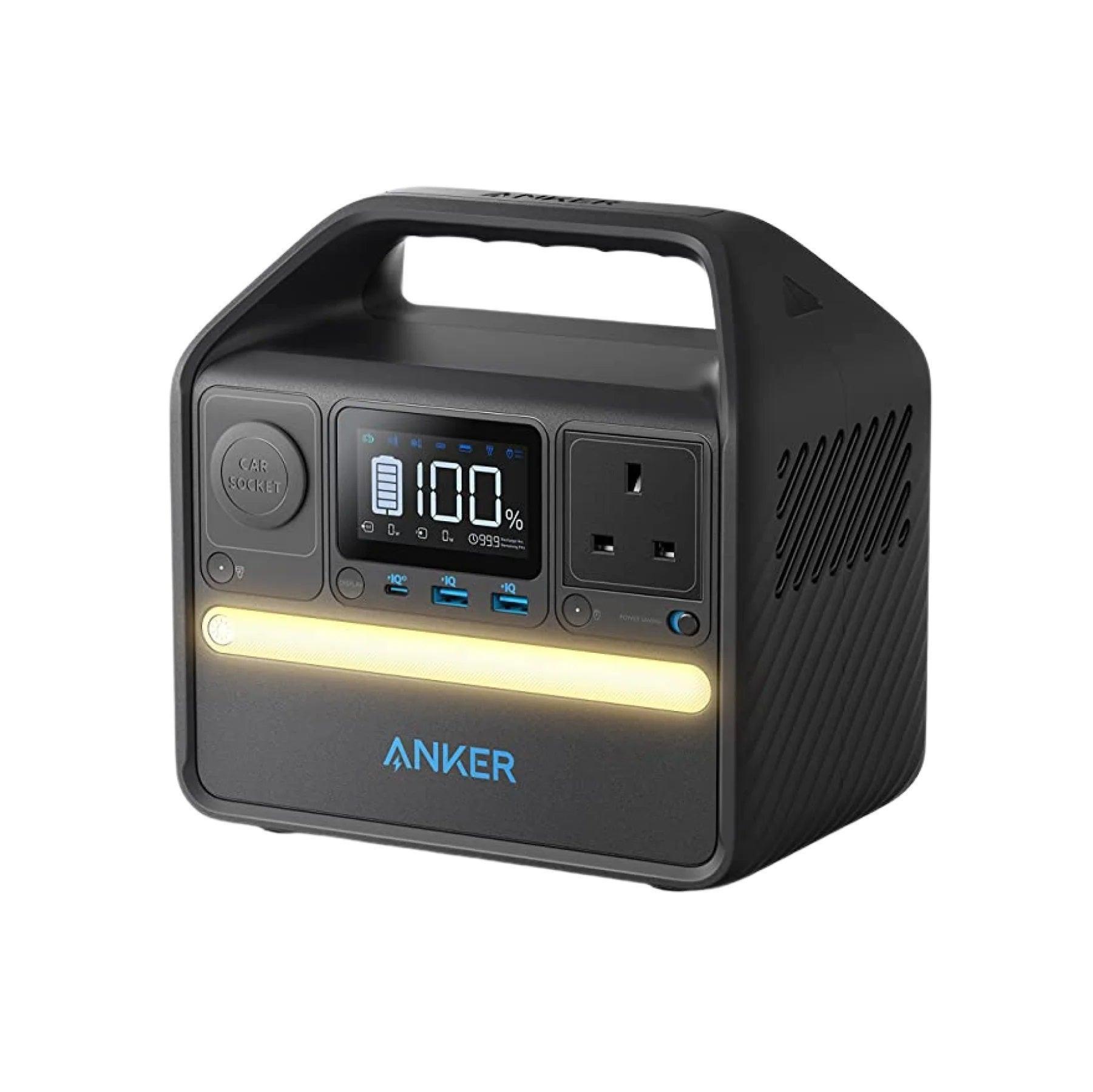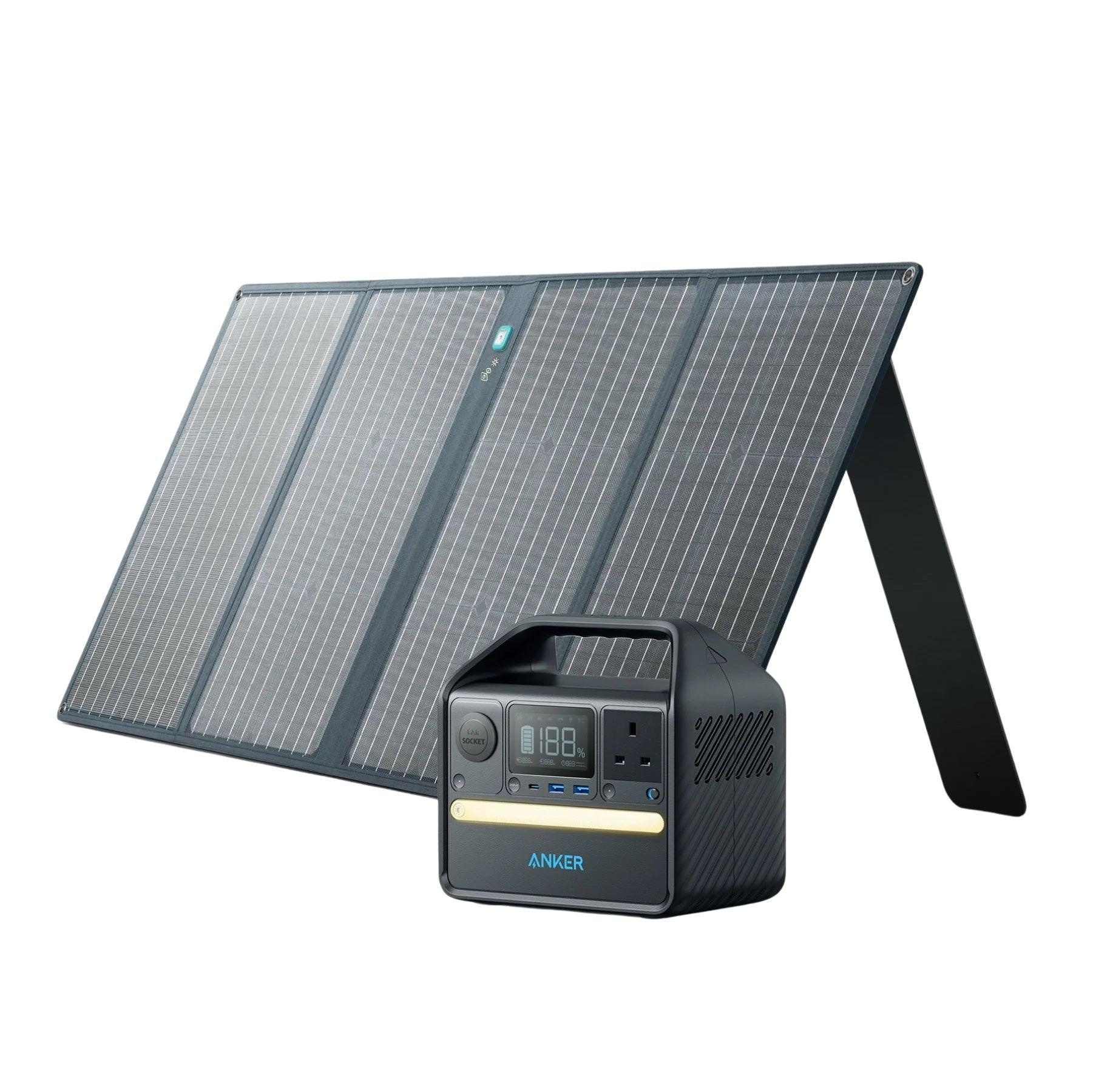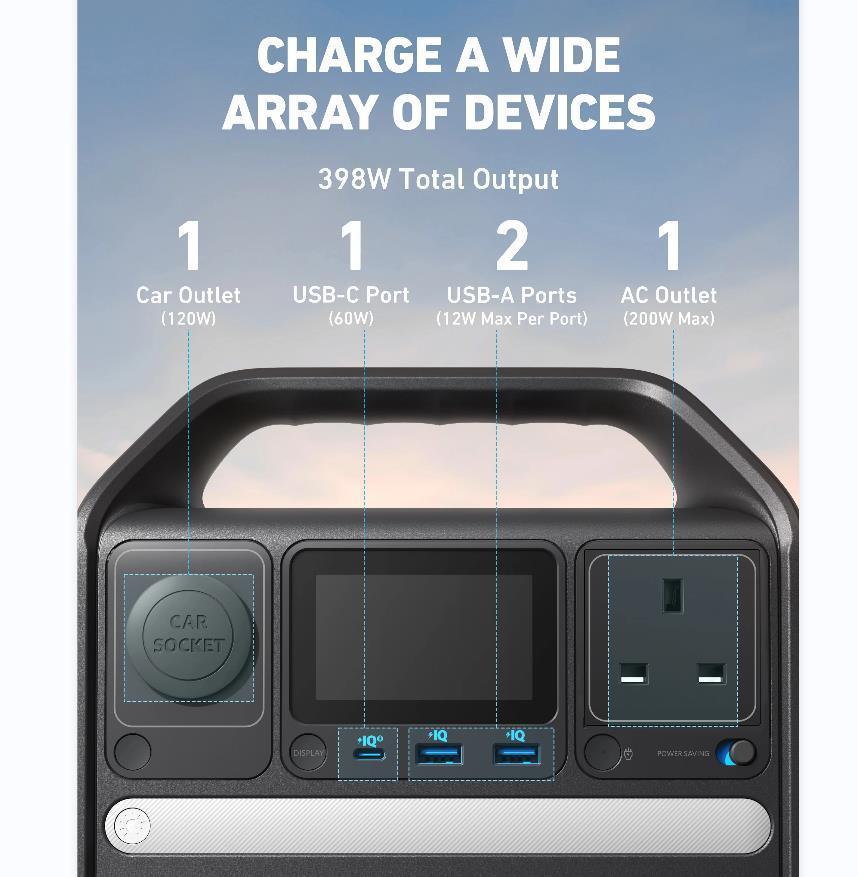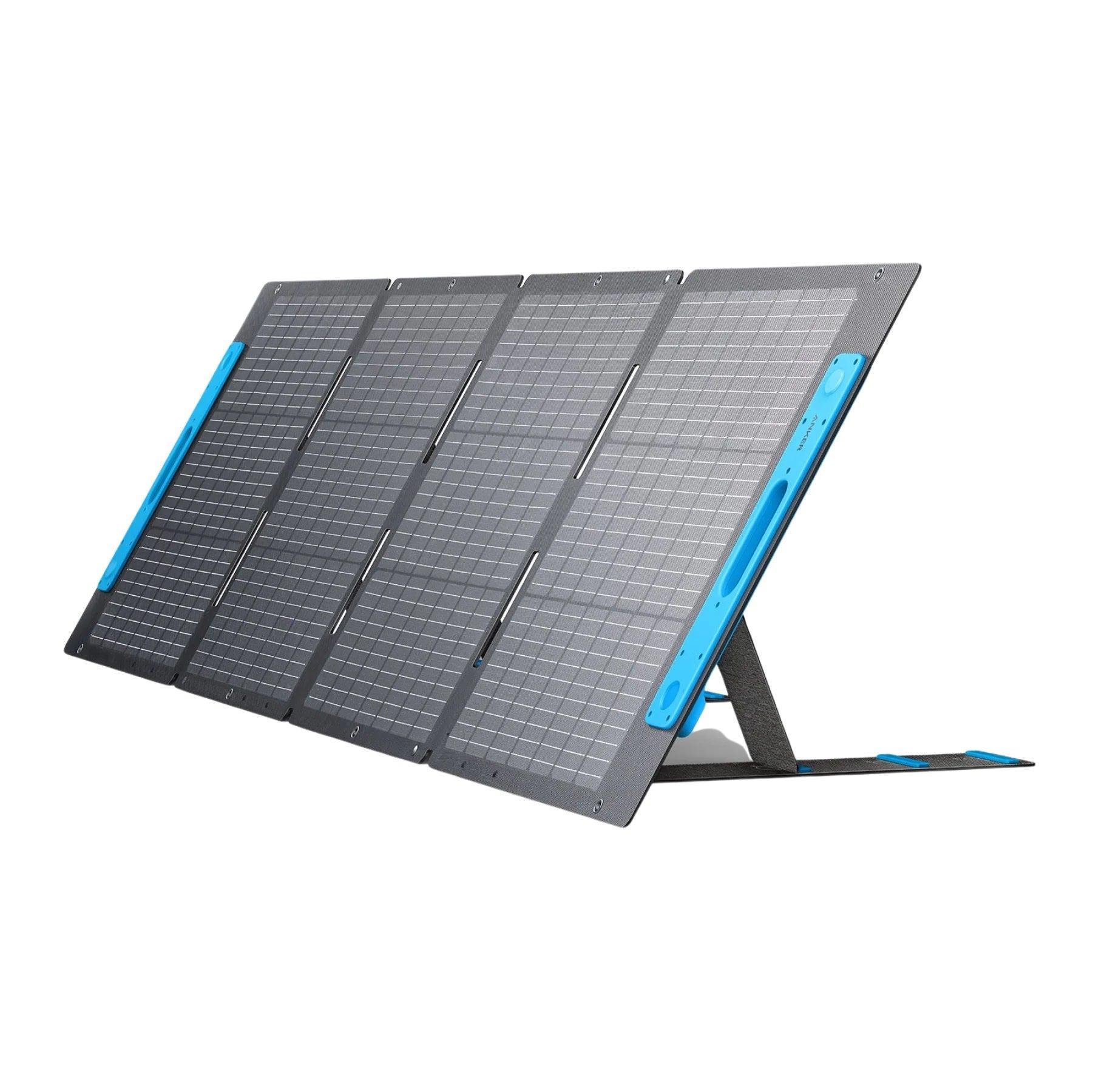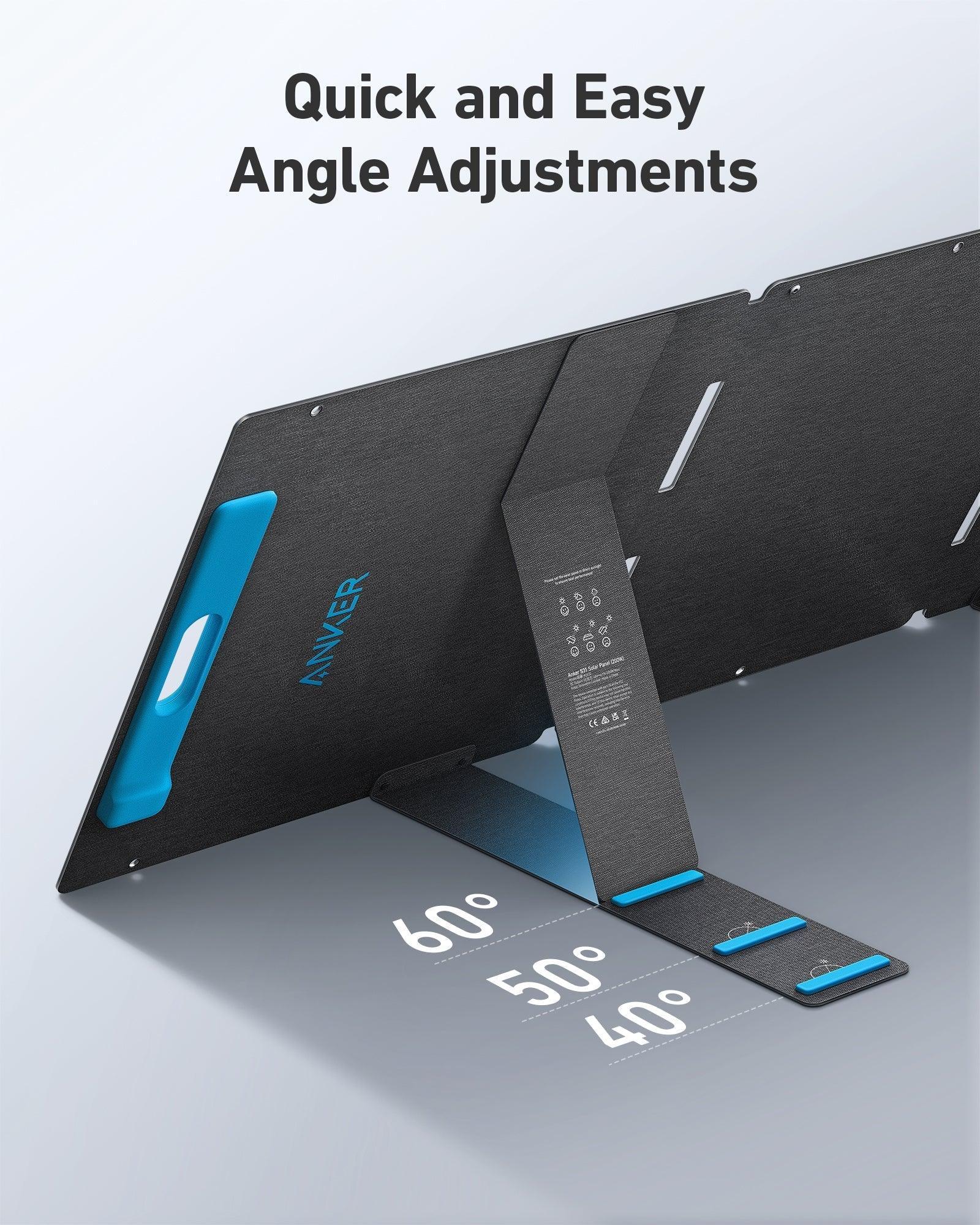Do you want to go solar in Florida? Solar energy is an increasingly popular choice as the cost of renewable energy continues to drop. It can be used for both commercial and residential applications, helping to decrease the environmental impact of power consumption while also providing tax incentives and long-term savings on electricity bills. But it's important to understand the upfront costs associated with going solar before taking the leap—especially right now in 2023. In this guide, we'll take a look at the current average cost of installing solar panels in Florida and other key factors that will help you make an informed decision about your solar energy system.

What's the Average Cost of Solar Panels in Florida?

In 2023, the average cost of solar panels in Florida ranges from $11,050 to $14,950. This cost can vary depending on several factors, including the size of the solar system, the type of solar panels chosen, installation costs, and any applicable incentives or tax credits. On a cost per watt basis, the cost of installing solar panels in Florida ranges from $2.21 to $2.99.
Yet, the average cost of solar panels in Florida can vary depending on several factors, including the type of solar panels chosen. Here is a breakdown of the average costs for different types of solar panels in Florida:
- Monocrystalline panels: Monocrystalline panels are known for their high efficiency rates, making them a popular choice. However, they are also the most expensive option. On average, monocrystalline panels in Florida range between $1 and $1.50 per watt.
- Polycrystalline panels: Polycrystalline panels are more affordable than monocrystalline panels but have slightly lower efficiency rates. On average, polycrystalline panels in Florida cost around $0.90 to $1 per watt.
- Thin-film panels: Thin-film panels are the least efficient but also the cheapest option. They are typically used for smaller projects or installations where space is limited. Thin-film panels in Florida cost around $1 to $1.50 per watt.
It's important to note that these cost estimates are based on averages and may vary depending on the specific brand, quality, and installation requirements. Additionally, the cost of installation, labor, and other factors should be considered when calculating the total cost of a solar panel system in Florida. To get a more accurate estimate for your specific situation, it's recommended to use a solar panel cost calculator for Florida.
Factors That Affect the Cost of Solar Panels Cost in Florida?

Several factors influence the cost of solar panels in florida. Understanding these factors can help you make informed decisions when considering solar panel installations:
- System Size: The size of the solar panel system you need will impact the overall cost. A larger system will require more solar panels and components, resulting in higher upfront costs. The system size is determined by your energy consumption and goals.
- Solar Panel Type: The type of solar panels you choose will affect the cost. Monocrystalline panels are known for their high efficiency but tend to be more expensive than polycrystalline or thin-film panels. Consider your budget and desired efficiency when selecting solar panels.
- Installation Complexity: The complexity of the installation can impact the cost. Factors such as roof type, orientation, shading, and electrical connections may require additional labor and materials, affecting the overall installation cost.
- Labor Costs: Labor costs can vary depending on the solar installation company and the complexity of the project. Labor costs include site assessment, system design, permitting, installation, and any necessary electrical work. Get multiple quotes from reputable installers to compare labor costs.
- Incentives and Tax Credits: Solar incentives and tax credits can significantly reduce the cost of solar panel installations. Federal incentives, such as the Solar Investment Tax Credit (ITC), provide a tax credit of a percentage of the installation costs. Additionally, state-specific incentives, like property tax abatement and sales tax exemptions, can further reduce the overall cost.
- Equipment Quality: The quality and brand of solar panels, inverters, and other components can impact the cost. Higher-quality equipment tends to have better warranties, efficiency, and durability, but it may come at a higher price. Evaluate the long-term benefits and reliability of the equipment when considering the cost.
- Market Competition: The level of competition among solar installation companies in your area can affect the pricing. Higher competition may lead to more competitive pricing and better deals for consumers. Research and compare quotes from multiple installers to ensure you are getting a fair price.
- Financing Options: The method of financing your solar panel installation can influence the cost. If you choose to purchase the system outright, you avoid interest charges associated with loans. However, if you opt for a solar loan or lease, there may be additional costs due to interest rates or lease payments.
It's essential to consider these factors collectively when estimating the cost of solar panels in Florida. Working with reputable solar installers and exploring available incentives will help you determine the most cost-effective solution for your specific needs and budget.
How to Save Money If You Decide to Install Solar Panels?

If you're considering installing cost of solar panels for home in Florida, there are several strategies to help you save money and maximize your investment. Here's a detailed guide on how to save money with solar panels:
- Take advantage of solar incentives: Florida offers various solar incentives to reduce the overall cost of installing solar panels. These incentives include the Solar and CHP Sales Tax Exemption, which exempts you from paying sales and use tax for your solar system, and the Property Tax Abatement for Renewable Energy Property, which exempts homeowners from paying property tax for new residential solar energy systems. Additionally, the federal solar tax credit, known as the Solar Investment Tax Credit (ITC), provides a tax credit equal to 30% of your solar system installation costs. These incentives can significantly lower the upfront cost of going solar.
- Explore financing options: If the upfront cost of purchasing solar panels is a concern, there are financing options available. Solar loans allow you to spread out the cost over time, making it more affordable. Howerver, If you have sufficient funds available, paying for the solar panel system upfront is the most advantageous approach to avoid incurring additional interest charges. Another option is solar leases or power purchase agreements (PPAs), where a third-party owns the solar panels, and you pay for the electricity generated. While these options may not provide the same financial benefits as owning the system, they can still help reduce your electricity bills.
- Consider solar generators and portable power stations: In addition to traditional solar panel installations, you can also consider a solar generator or a portable power station. These smaller-scale solar systems are often used for outdoor activities, camping, or emergency power backup. They can help you save money by reducing the need for traditional fuel-powered generators or portable power sources. Solar generators and portable power stations utilize clean and renewable energy, providing a cost-effective and eco-friendly solution for your power needs.
- Opt for high-quality and efficient solar panels: Investing in a high-quality solar panel can result in greater energy production and savings over time. While these panels may have a higher upfront cost, their efficiency and durability can make them a more cost-effective choice in the long run. Look for reputable brands and consider the warranty and performance guarantees when selecting solar panels. High-quality panels can ensure optimal energy generation and minimize maintenance and replacement costs.
- Monitor and optimize your energy usage: Installing solar panels alone may not guarantee maximum savings if you're not mindful of your energy consumption. Implement energy-saving practices such as using energy-efficient appliances, turning off lights when not in use, and adjusting your thermostat to conserve energy. By reducing your overall energy demand, you can maximize the benefits of your solar panel system and save even more on your electricity bills.
By following these strategies, you can save money when installing solar panels and maximize the financial benefits of generating clean and renewable energy. Whether you choose traditional solar panel installations, solar generators, or portable power stations, going solar can be a smart and cost-effective investment. Consult with solar professionals to determine the best options for your specific needs and budget, and start enjoying the long-term savings and environmental benefits of solar energy.
Return on Investment (ROI) Analysis
Investing in solar panels not only helps the environment but also provides long-term financial benefits. When evaluating the return on investment, there are several factors to consider.
- Long-term savings: Solar panels generate electricity that can significantly reduce your monthly electricity bills. Over time, these savings can add up, offsetting the initial investment cost.
- Payback period: The payback period represents the time it takes for the energy savings to cover the upfront cost of the solar panel system. In Florida, the average solar payback period is around 6 to10 years. After this period, you'll start enjoying the financial benefits of free solar energy.
- Value of energy independence and environmental benefits: Going solar allows you to become less reliant on traditional energy sources and reduce your carbon footprint. The value of energy independence and the positive environmental impact can be priceless for many individuals.
Conclusion
Solar panels offer an attractive solution for Floridians looking to embrace renewable energy while saving money in the long run. Understanding the average cost of solar panels in Florida, factors affecting the cost, and available incentives can help you make an informed decision. By working with reputable solar installation companies and taking advantage of tax incentives, you can maximize your savings and contribute to a greener future.
[ddshopfaq-59545]

